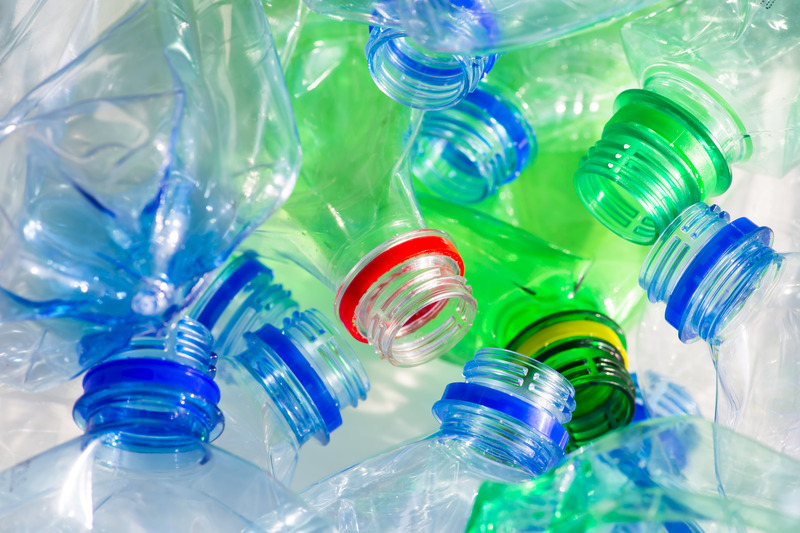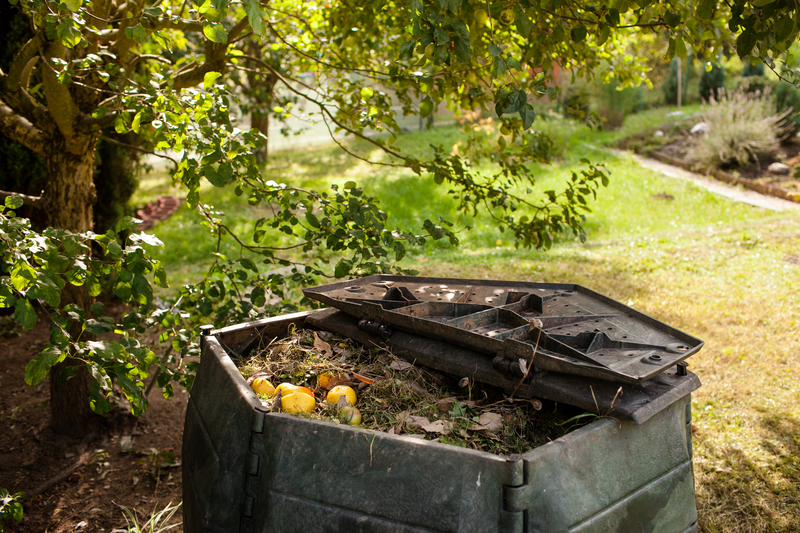Plastic Bottles Out
Posted on 12/08/2024
Plastic bottles have become a ubiquitous part of modern life. From bottled water to sodas, these containers are used worldwide. However, the impact they have on the environment is concerning. The production, use, and disposal of plastic bottles contribute significantly to pollution, both on land and in our oceans. But what if we could significantly reduce or even eliminate the use of plastic bottles?
Why It's Time to Say Goodbye to Plastic Bottles
The shift away from plastic bottles isn't merely a trend; it's a necessity for the health of our planet. The statistics are staggering: millions of plastic bottles are thrown away each day, and many end up in landfills or the ocean. This waste does not biodegrade but instead breaks down into microplastics, which can have dire effects on marine life and ecosystems.

Alternatives to Plastic Bottles
If plastic bottles are problematic, what are the alternatives? Thankfully, there are several eco-friendly options available today:
1. Reusable Water Bottles: Made from materials like stainless steel, glass, or BPA-free plastic, reusable water bottles are durable and environmentally friendly.
2. Water Filters: Installing a water filter at home or using a portable filter can reduce the need for bottled water. This is not only beneficial for the environment but also more cost-effective in the long run.
3. Compostable Bottles: There are now water bottles made from biodegradable materials that will break down naturally, unlike traditional plastic.
How to Implement the Change
Shifting away from plastic bottles is easier said than done. Here's a practical guide:
1. Educate Yourself and Others: The first step is awareness. Understanding the environmental impact and educating others can create a ripple effect.
2. Invest in Alternatives: Purchase high-quality reusable bottles and encourage others to do the same. This initial investment will pay off over time.
3. Advocate for Change: Support legislation that aims to reduce plastic waste, and encourage businesses to adopt sustainable practices.
Tips for Reducing Plastic Bottle Use
1. Carry a Reusable Bottle: Always have a reusable bottle on hand. Whether at work, the gym, or out shopping, having your bottle makes it easy to avoid plastic bottles.
2. Use Water Stations: Many public places now have water refill stations. Use these instead of buying bottled water.
3. Support Restaurants and Cafes with Eco-Friendly Practices: Patronize establishments that prioritize sustainability.
The Pros and Cons of Eliminating Plastic Bottles
Pros:
1. Environmental Benefits: Reduced plastic waste leads to less environmental pollution, preserving natural habitats.
2. Health Benefits: Avoiding plastics can reduce exposure to harmful chemicals often found in plastic bottles.
3. Economic Savings: While the initial cost of reusable alternatives might be higher, they save money in the long run.
Cons:
1. Convenience: Plastic bottles are often more convenient, particularly in situations where access to clean water is limited.
2. Transition Period: The shift to reusable bottles requires an adjustment period and a change in habits.
3. Initial Costs: Investing in high-quality reusable bottles and filters can be expensive initially.

Key Takeaways
- Reducing plastic bottle usage drastically reduces environmental harm.
- There are multiple, effective alternatives to plastic bottles available.
- A concerted effort to shift habits and practices can make a significant impact.
Conclusion
The movement to eliminate plastic bottles is not just a fleeting trend; it's a crucial step towards creating a sustainable future. By understanding the impact of plastic waste and adopting practical alternatives, we can all contribute to a healthier planet. The benefits far outweigh the cons, making the effort well worth it.
In conclusion, it's clear that plastic bottles have overstayed their welcome. The time to act is now. It starts with simple changes in our individual lives that can lead to significant, planet-saving outcomes. Let's make plastic bottles a thing of the past.




 020 3743 9508
020 3743 9508


